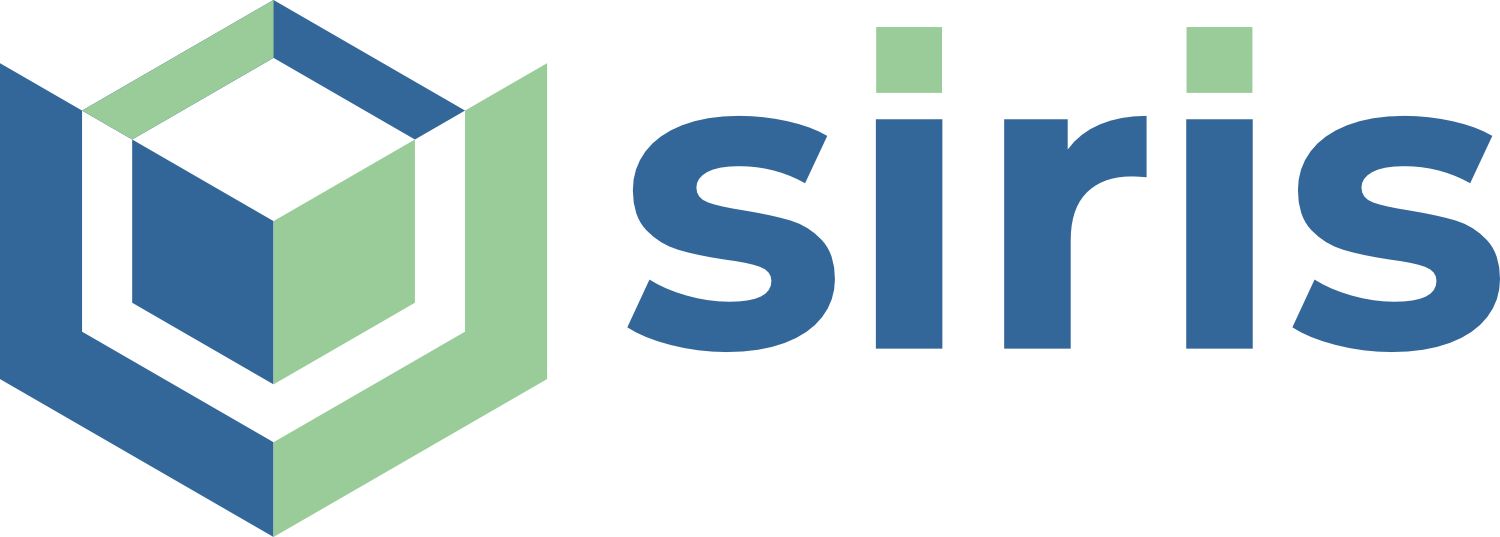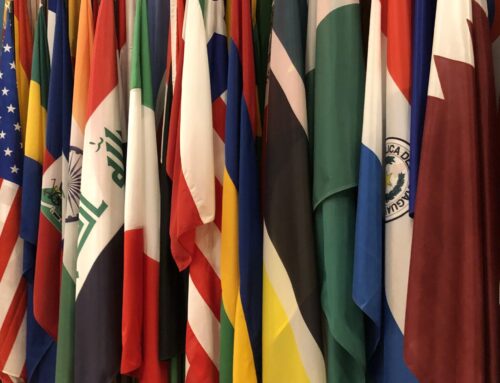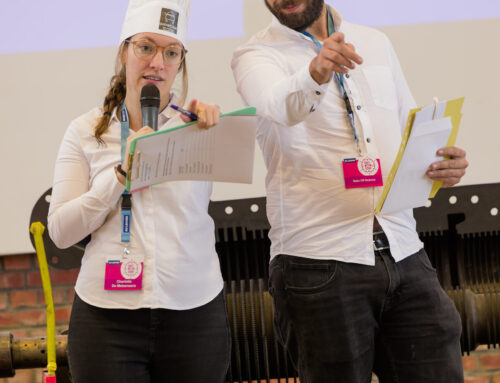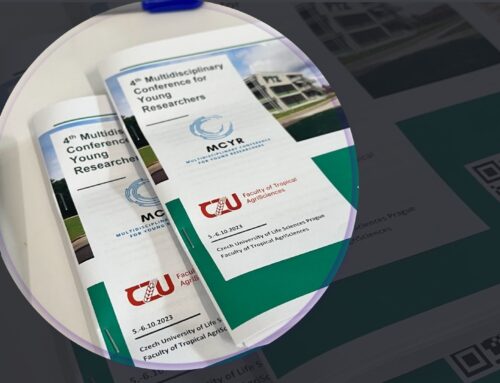
The OSIRIS project is excited to share updates on its virtual event titled “The Crisis of Reproducibility in Science?” held on April 11, 2023, via Microsoft Teams.
This event was designed to bring together experts from academia and industry to share their insights and experiences with the crisis of reproducibility in science ‘Why do we speak of a crisis of reproducibility in science?’. Attendees had the opportunity to learn about the latest trends and developments in this exciting field and to network with other professionals in the industry.
During the webinar, The OSIRIS work package lead (WP3) Florian Naudet, a psychiatrist, professor of therapy, a researcher at the Institute for Research in Health, Environment and Work (Irset) and senior member at the Institut Universitaire de France, presented the elements that have led the scientific community to take up the question of the existence of a reproducibility crisis in science. Showcasing why reproducibility is an essential criterion of reliability in science and define the different aspects of the notion of reproducibility, including the method reproducibility, the reproducibility of the results and the reproducibility of inferences
Professor Naudet also presented works assessing reproducibility in different fields like psychology, cancer biology, and clinical research, showing that difficulties in reproducing the results of many experiments are frequent, have brought out the narrative of a crisis of reproducibility in science. Beyond making you reflect on the existence – or not – of such a crisis, the event also showcased solutions devised to optimize the reproducibility of research work.
Guest speaker Clara Locher hosted the webinar. Clara is a pharmacologist and methodologist at the Rennes Clinical Investigation Center (Inserm 1414). She is a member of the transparency commission of the Haute Autorité de Santé. Clara’s research focuses on the quality, transparency and reproducibility of trials studying targeted therapies in oncology, as well as tools for detecting questionable editorial practices.
More details about this event can be found HERE.








Keep In Touch